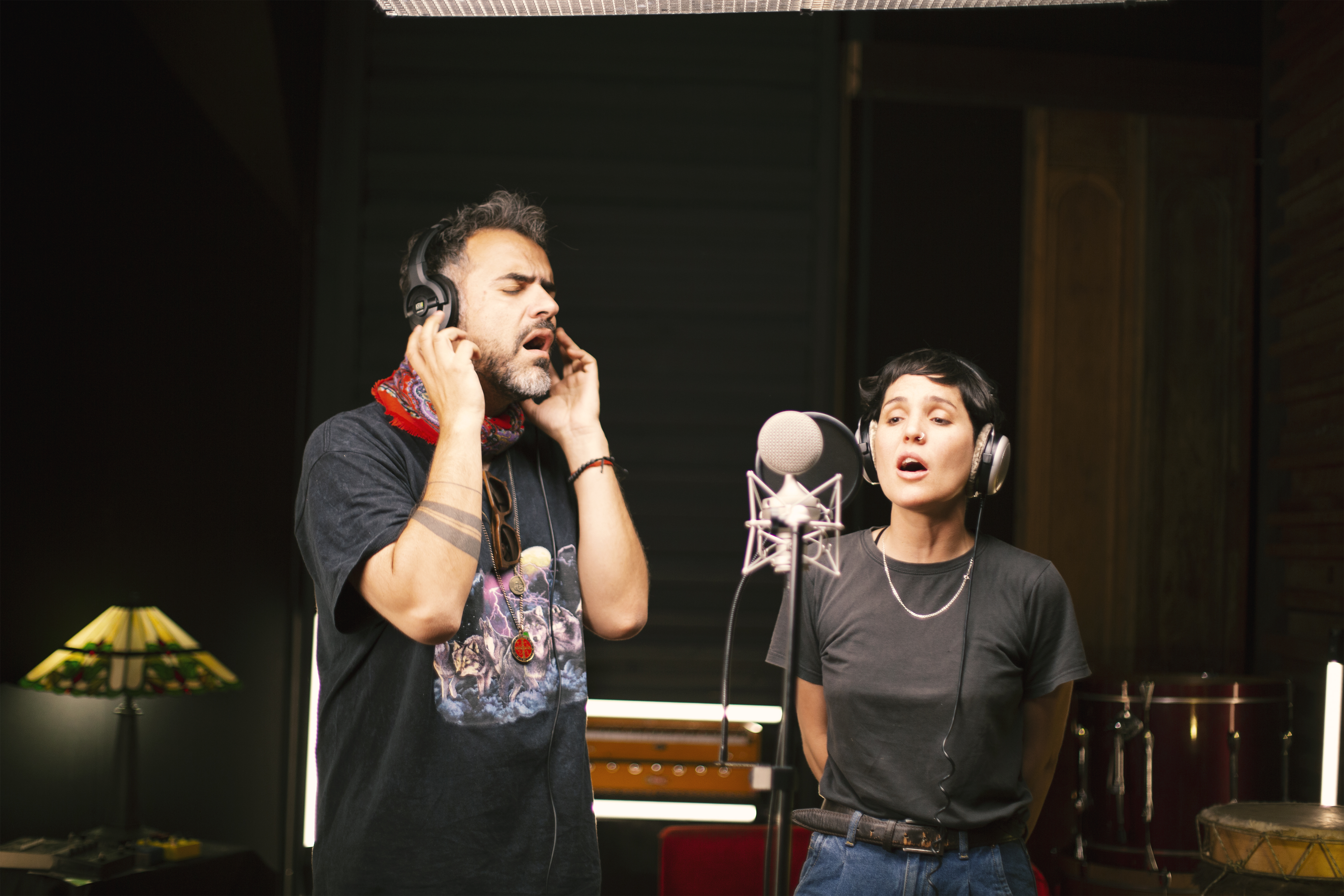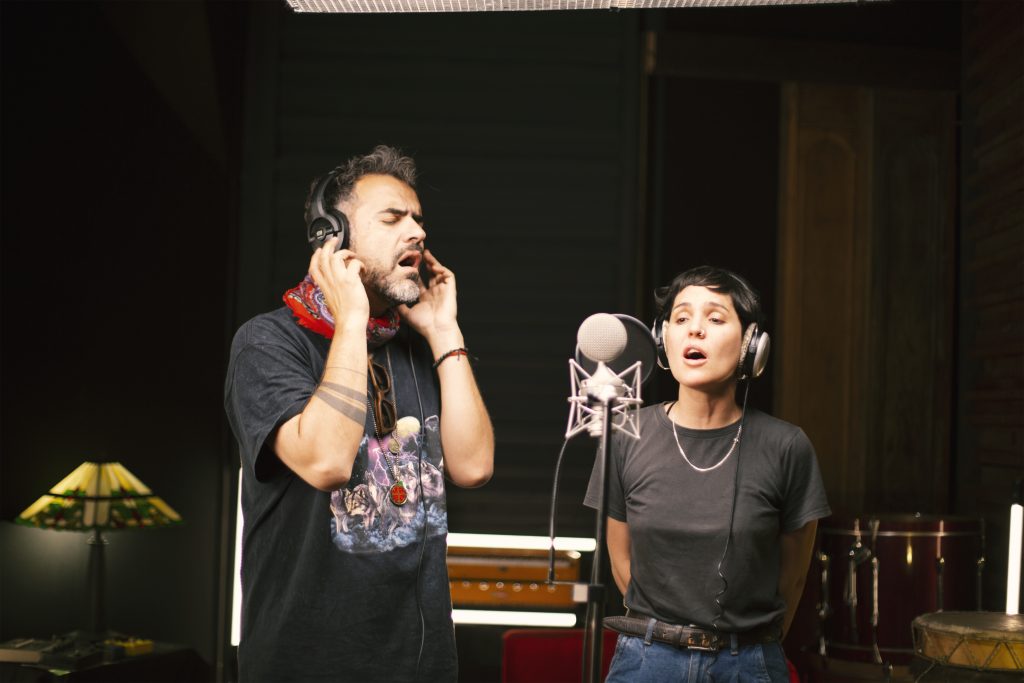Over the past two weeks, nationwide disturbances across Chile have made global headlines, with millions of citizens taking to the streets and protesting staggering income inequality, skyrocketing education costs, public transportation fare hikes and several more mounting social ills that finally reached a boiling point. While demonstrations have been overwhelmingly peaceful, led by students and local activists, government response has been shockingly violent, with an aggressive mobilization of police and military forces not seen in Chile since the return to democracy in 1990. President Sebastián Piñera’s conservative government has also used deception as one of its more insidious tactics, colluding with national media conglomerates to spread disinformation – staging arsons, portraying protesters as delinquents and egregiously downplaying the number of detainees and casualties.
Eeriest of all are the parallels between this current wave of government repression and the brutality of Augusto Pinochet’s 17-year military regime – a period of bloodshed and profound darkness that haunts Chileans to this day. Then and now, students and artists were at the forefront of the resistance, with nueva canción legend Victor Jara becoming one of the dictatorship’s most notable victims. Jara died an outspoken critic of Pinochet and cemented a legacy of musical dissent heard across the annals of Chilean music, from Los Prisioneros to Ana Tijoux and Alex Anwandter. Decades after his death, Jara remains a relevant voice of national kinship and empathy, and as Chilean artists once again take up the banner of dissidence, more than 30 musicians have rallied to reimagine his classic “El Derecho A Vivir En Paz,” – an extraordinary beacon of unity in troubling times.
“We felt that we as musicians could protest by presenting a strong message of unity and giving the country a slice of peace and togetherness,” says Pablo Stipicic, the famed producer behind acclaimed records by Rubio, Kali Mutsa and Gianluca. Speaking from his studio, he tells Remezcla the idea behind the song was born on the eve of October 18, when martial law and a strict curfew went into effect. Stipicic and fellow producer Christopher Manhey (Carla Morrison, Sentidos Opuestos), who both run studios in the same building, reflected on the unfolding crisis and how they could contribute to the movement through their art. Poignantly, Manhey suggested a revamp of “El Derecho A Vivir En Paz,” – a song being regularly performed at the protests – tapping their vast network of artist connections to undertake the gargantuan feat. The pair laid the musical groundwork alongside musicians Valentin Trujillo and Eduardo Iensen, later recording vocals with a cavalcade of artists that includes Mon Laferte, Gepe, Gianluca, Princesa Alba, Fran Straube, Javiera Parra, Fernando Milagros, Mariel Mariel, Pedropiedra, Camila Moreno, Francisca Valenzuela and more.
“I recently heard someone say that music is the only thing that can get 10,000 people to do the same thing at the same time,” says Stipicic, pondering the role of musicians in social movements. “Like when a singer asks the audience to clap in unison, or how people chant together at a protest – only music can achieve that kind of mass synchronicity. You can transmit a message of peace or of unity, or even a completely opposite emotion. In that way, I think an artist’s role is to contribute on a visceral level that only music can reach.”
A resolution to the Chilean conflict is still unclear, but protesters remain steadfast in their resolve for a better, brighter future. President Piñera has moved to dismiss and replace his cabinet – a strategy many have criticized as flimsy political theater, instead demanding sweeping amendments to Chile’s dictatorship-era constitution. On Friday, October 25, over 1.2 million Chileans gathered in Santiago’s Plaza Italia as demonstrations reached a fever pitch, and later today a similar turn out is expected for another mass protest in front of Palacio de la Moneda.
“I don’t know what’s going to happen,” ponders Stipicic, worried about the long-term implications of revolution. “I want to believe we will come out of this with a better country and a more just society, but my fear is that politics will become more extreme. I think this level of discontent is dangerous and can pave the way to extremism. In Brazil, Bolsonaro was elected in the aftermath of events similar to what is happening in Chile today, and at some point, the idea that somebody like him was necessary took over. My hope is that the opposite will happen, with politicians doing their job and people working together to build a better country.”




